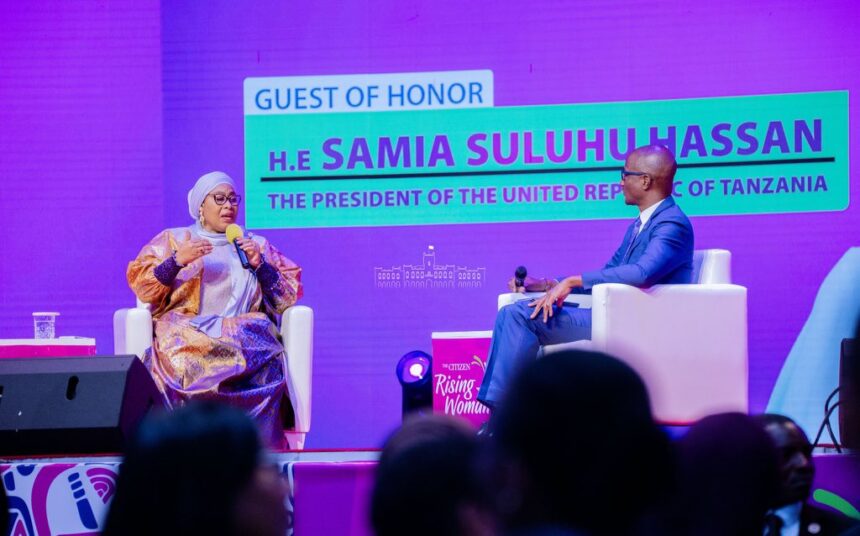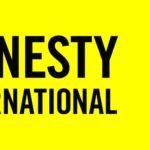Tanzanian President Samia Suluhu Hassan has doubled down on her call for achieving a 50-50 gender balance in leadership positions across the government.
In a video posted to her X (formerly Twitter) page on March 11th, following her remarks at The Citizen’s Rising Woman Forum on International Women’s Day, the president reiterated her vision of equal representation between men and women in top government roles.
“I would like to have a balance of 50 to 50, but not only for the concept of 50 for 50 but also for practical ability, bringing better results to the great responsibility of serving our country and its people in various positions,” President Hassan said in the candid video message.
Her comments underscore a continued push to break down gender barriers and increase women’s participation in decision-making spheres traditionally dominated by men in the East African nation.
She had earlier on March 8 congratulated women for their noble “ontribution to the building of our communities” calling on them to continue with their efforts for liberation.
“Congratulations to all women in celebration of International Women’s Day, she said in a tweet.
“Sincere thanks to all of you for your noble contribution to the building of our communities and the Nation as a whole. Your contribution to the prosperity of our country is great, important and irreplaceable.
“I call on all of us to continue supporting efforts aimed at liberating the woman and the girl child, and giving her status and her place in society, understanding that there is no real progress in any society if there is no better environment and opportunities in all ways.”
Since taking office in 2021, President Hassan has made women’s empowerment a policy priority. She has appointed several women to high-profile positions, including the first-ever female vice-presidents.
However, women remain underrepresented in parliament, cabinet, and other key leadership roles compared to their 51% share of the Tanzanian population.
President Hassan’s advocacy for a 50-50 gender split aims to leverage the “practical ability” of talented women to strengthen governance and public service delivery, not just achieve parity symbolically.









